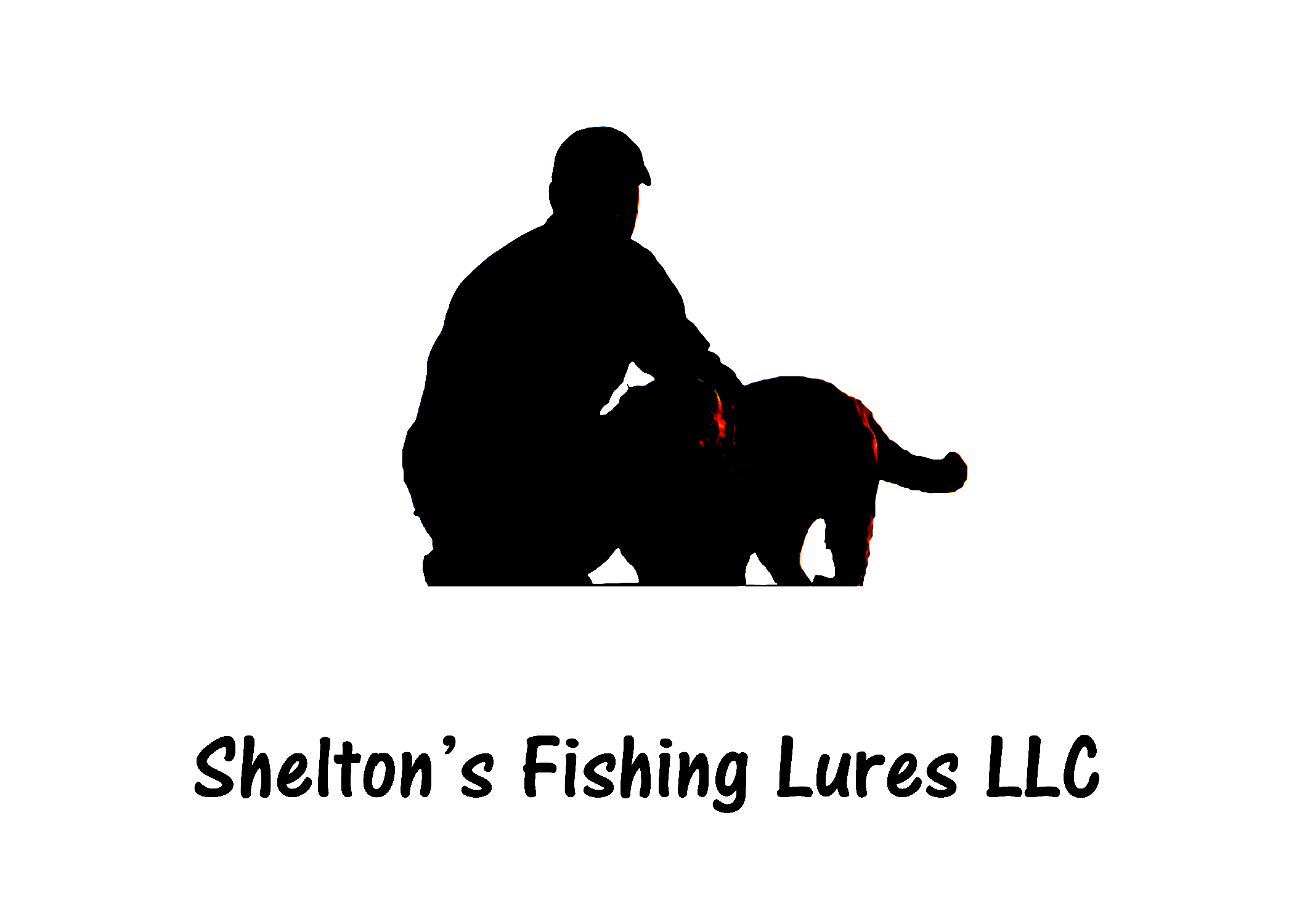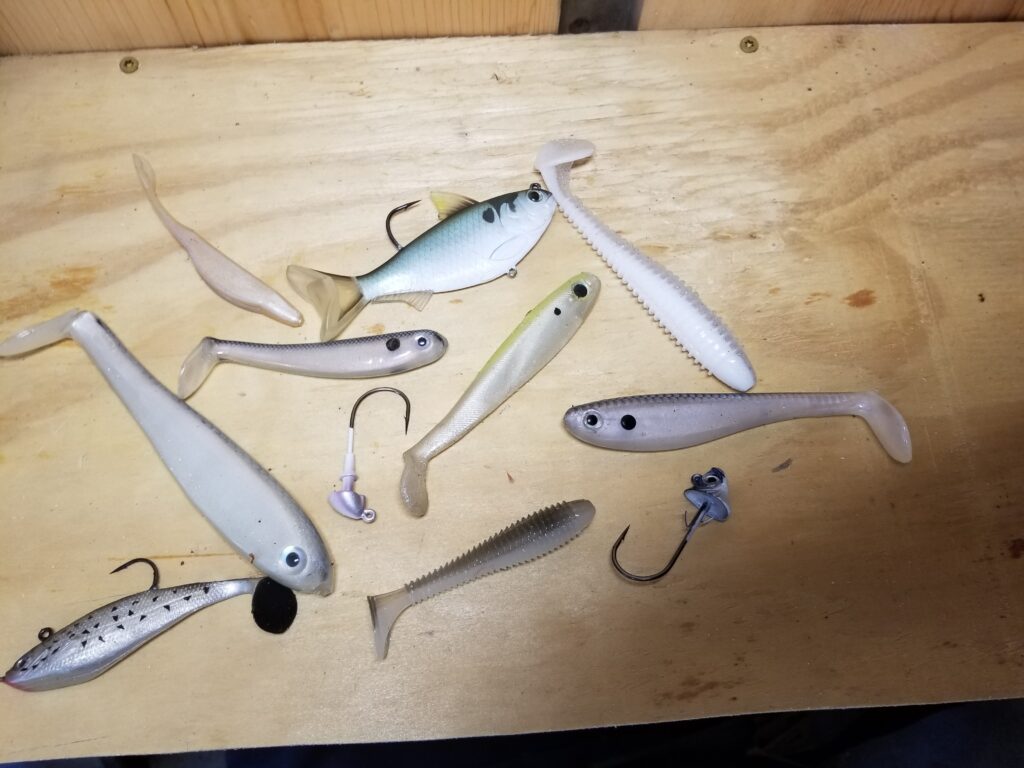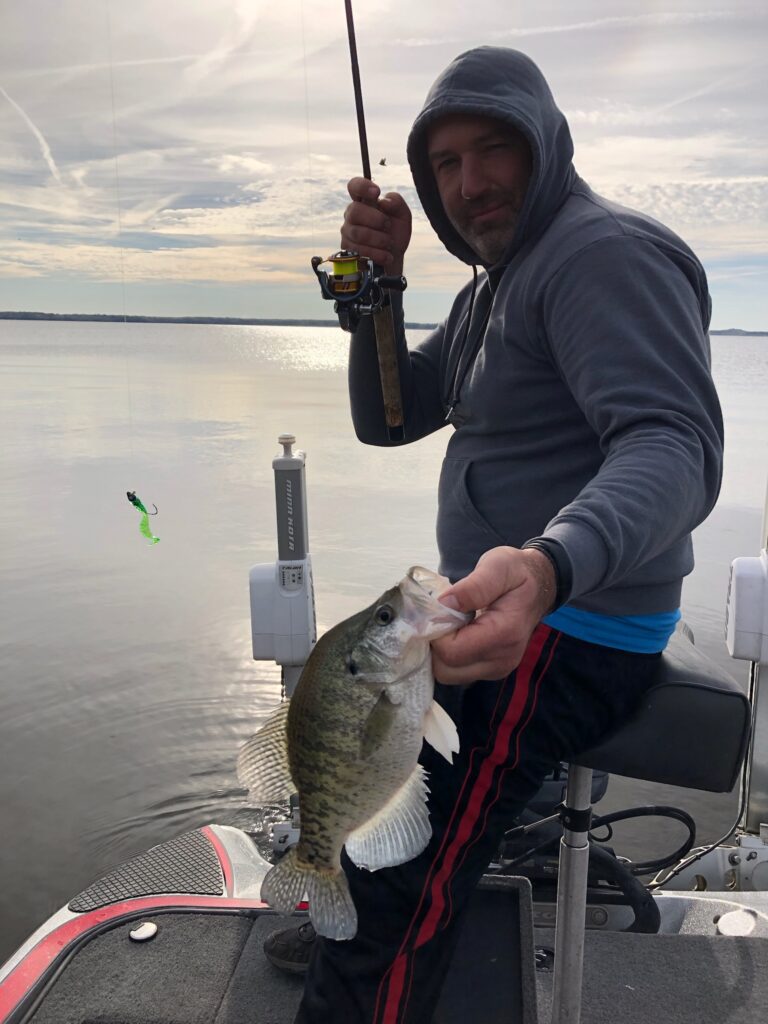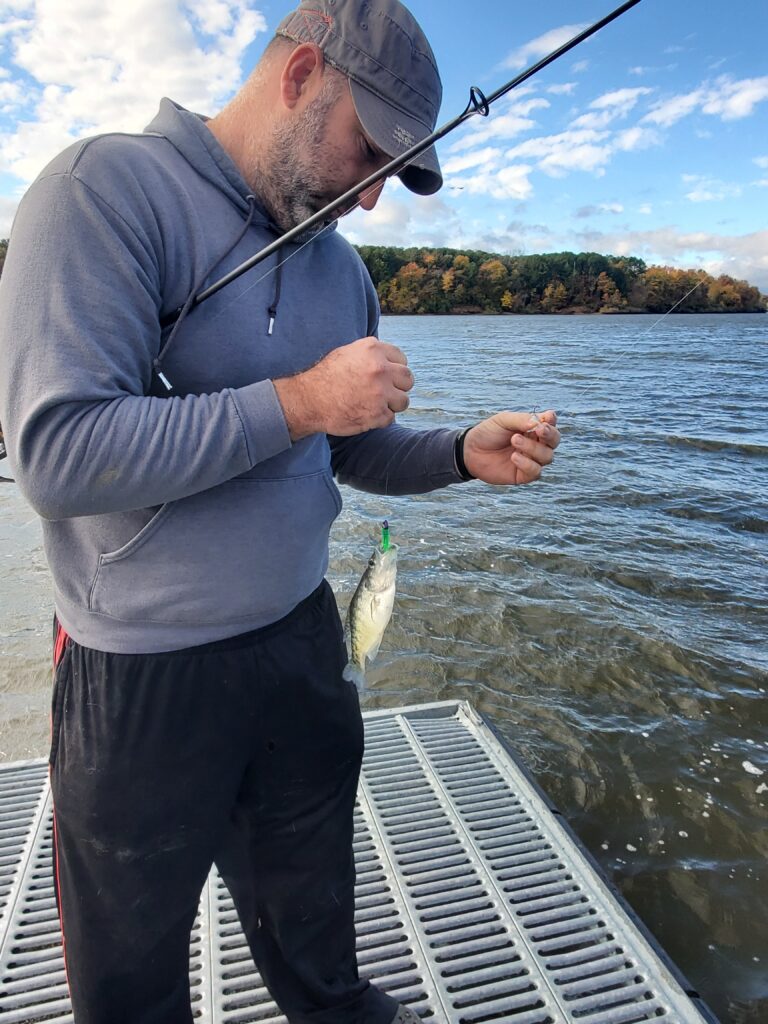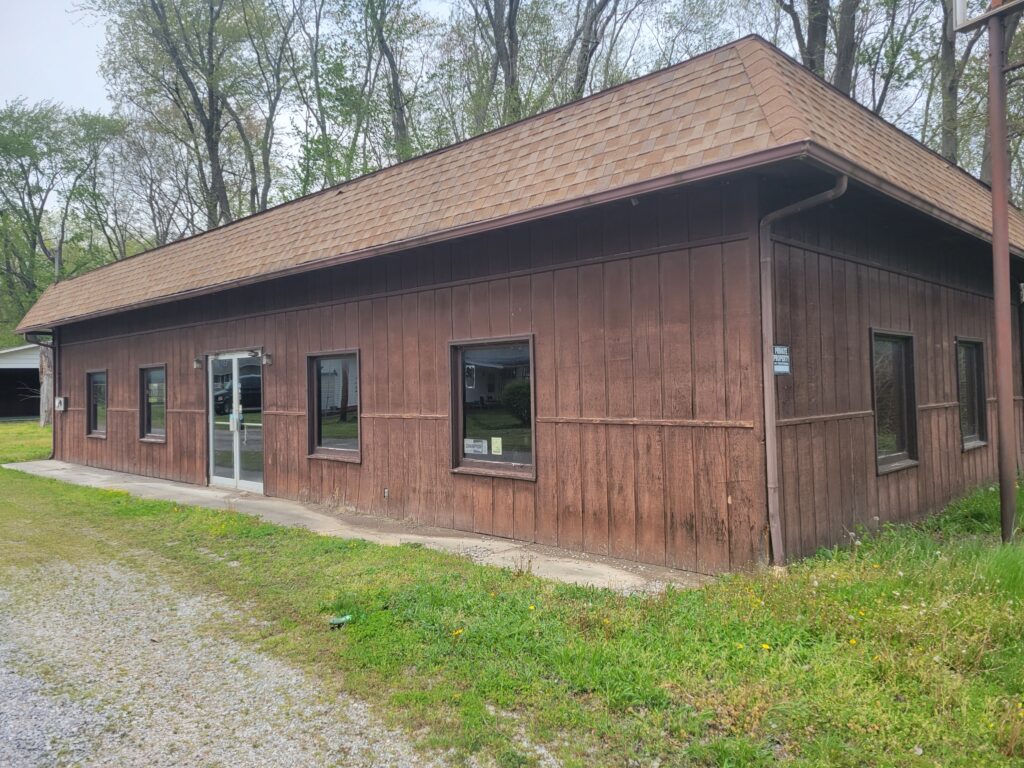Tips and Tricks
Learning To Fish For Your Families Survival
Fishing Has Been A Means Of Survival Since The Beginning And Has Provided Families With Needed Nutrition.
Thirty years ago, few were talking about the problems that we could face from high cost of living in the not-so-distant future. The few who did remember well their experiences during the depression era of the thirties, and the lines outside of gas stations in the seventies, just to pay for swelling gas prices.
While difficult to imagine at this very moment, it’s quite possible that we will be forced to go back to our basic means of survival one day. You and your family are going to have to eat, and gardens don’t produce all year long. Even if they did, you’ll still need vitamins, protein, and oils necessary for a healthy diet.
That’s why it’s very important to learn basic survival skills like fishing.
Think back to the gratification you feel when you sit around the table eating fish that you had caught earlier in the day. The family will likely not stop eating until the last fillet is gone. I assume it has to be the same feeling people have felt all throughout human history, because at our most basic core we are hunters and gatherers.
Even if our economy were to completely collapse, the part of us that is fixated on survival will come back. That feeling of accomplishment of putting food on the table would dwarf the paycheck you bring home from a typical nine to five just to go shopping at a grocery store putting little effort into surviving one day to the next.
Fishing During A Depression
The closest thing we have to visiting hard times are the experiences felt during the Great Depression during the 1930’s. Some of the pictures I love focusing on are kids holding bamboo poles fishing along small brooks.
As the old saying goes, “a picture’s worth a thousand words” and if you’ll notice in many of these photos, the child doesn’t look bored or beaten down by the tough hand dealt to them.
They seem to be focused on the task at hand to produce something for their families, and many of the photos you find children holding the fish they catch, which captures all I needed to know.
They’re living in the moment…
When’s the last time you could say that about your own life in this high-tech world surrounding us?
Getting Back To Your Roots
One major advantage we have now over the folks during the great depression is that we went on a spending spree during the 1940’s damming up rivers to impound reservoirs. This has provided us with fishing opportunities that can accommodate a more fish rich diet and not put too much stress on small dug ponds.
Large lakes contain millions of fish which can provide us all the nutrition we need so long as each person practices sustainable means, and cut down on waste.
What You’ll Need When Fishing For Survival
Fishing Pole
While I don’t think you’ll have any trouble rounding up a fishing pole since I see one at every other garage sale I go to, in the hypothetical scenario whittled wood can make a quick fishing pole. Mulberry trees are invasive and can be found anywhere. Fresh cuttings make a durable and flimsy pole perfect for fishing. Keep the pole at around 10ft.
If you’re really fortunate, you can use bamboo. The oldest fishing pole and most reliable as far as I’m concerned. Bamboo grows in large strips and can quickly take over an area. As far as a fishing pole goes, you’d be hard pressed to find a more durable natural resource.
Once again keep them around the 10ft mark.
Fishing Line
This one can be a little tough, especially if you can’t find any monofilament or braid in the transitional sense. Alternatives can be clothing fibers or stitching made to use old blankets. Sewing thread can be used for smaller fish.
If the material used is very small, you’ll want to wind it around other strands to strengthen its fish landing capability.
Hooks
Hooks can actually be made of many materials, both organic items found around the house. Soda can tabs and safety pins can be manipulated into a hook formation.
If you’re good with a knife, you can sharpen bones and deer antlers making a near perfect hook with a barb to prevent the fish from escaping!
Bait
If you’re new to my site you need to know one thing….I LOVE CATCHING MY LIVE BAIT MYSELF!
I have spent my life finding creatures to use to tempt tasty bluegill, bass, and others. It’s one third the fun to me along with catching and eating the fish!
Depending on the area you live in certain baits will be available to you so check out my article on How To Find Your Own Live Fishing Bait.
Cleaning Your Fish
It’s always a great idea to have a quality fillet knife and a sharpening stone as they will always serve you well in a survival situation.
If you don’t have one then no worries. You will get to eat the fish in their whole forms! If it’s a scaled fish, use a dull spoon to aggressively remove the outer scales that provide no benefit.
If it happens to be a catfish, you’ll have to pierce the skin with something and strip it completely from the body.
With both fish remove all guts.
Cooking Your Fish
My absolute favorite way to cook fish is on a cast iron skillet which is sitting on top of a fire. Once again, it just gets us back to our roots of enjoying a hard earned meal.
Another option is building a solar oven though I have no experience to share with that method.
Bonus Tips
You do have a head start to keeping your stomachs full so now I’d like to share a few extra tips to perhaps increase your odds of bringing home a days catch!
- Use the smaller filleted fish carcasses to catch bigger fish or turtles!
- Fish mornings and evenings during warm months and mid-day during cooler seasons
- Keep your fish as cool as possible to ensure freshness and the most vitamin rich fillets
- If you can trap fish in certain areas of a stream or river by damming it up quickly then do it!
- 2 medium sized fish per person will provide plenty of nutrition so don’t over harvest!
Conclusion
If you came to this article looking for doom and gloom, then it was all in vain. Mankind has suffered hardships for as long as we’ve inhabited this planet so if and when a disaster strikes, there will be many who will adapt and thrive.
If you really thought about it would you prefer an all natural environment where you had to work with nature surviving off of your instincts?
Or does the commute to a thankless job where you pay for a house and life that you don’t actually get to live in bring you purpose?
